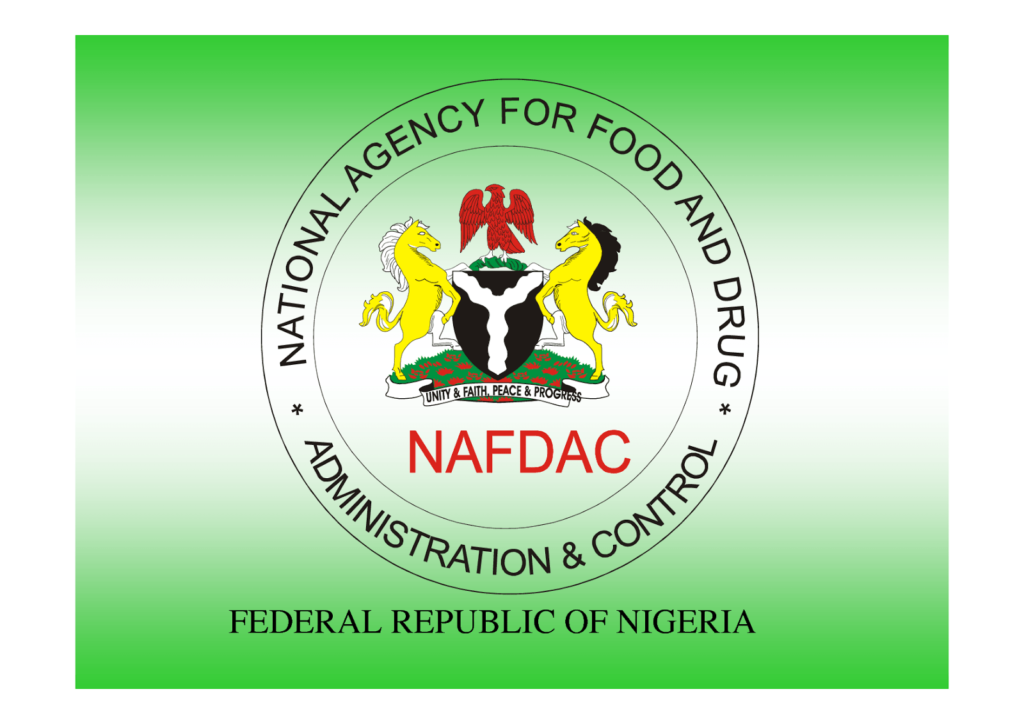CEM REPORT, HEALTH | The National Agency for Food and Drug Administration and Control (NAFDAC) has finally begun enforcing its ban on the production and sale of alcoholic beverages in sachets, small-volume PET bottles, and glass bottles below 200ml.
This policy aims to curb the negative impacts of these readily available and often affordable alcoholic drinks, particularly on vulnerable groups like underage individuals and commercial vehicle operators.
Ban Takes Effect
“As of January 31, 2024, there is no alcoholic beverage in these categories that are registered by NAFDAC,” declared Director-General Mojisola Adeyeye at a press conference in Abuja.
“The window period given to manufacturers to sell off all alcoholic drinks in this category elapsed on January 31st. Therefore, nationwide enforcement actions commenced on February 1st to ensure compliance.”
Sachet Alcohol Ban Explained
The ban stems from a 2018 recommendation by a joint committee of the Federal Ministry of Health, the Federal Competition and Consumer Protection Commission (FCCPC), and industry representatives. This collaborative effort underscores the widespread concern surrounding the potential dangers posed by these small-sized alcoholic beverages.
“The people most at risk are underage and commercial vehicle drivers and riders,” explained Adeyeye. Citing World Health Organization (WHO) data, she highlighted the increased risks of drug use, poor academic performance, accidents, risky sexual behaviour, and health problems associated with alcohol consumption among young people. The ban aims to mitigate these risks by restricting access to these readily available and potentially harmful drinks.
NAFDAC to Manufacturers
While the ban was announced in 2022, NAFDAC has uncovered continued production and possession of banned products and packaging materials. This “flagrant disobedience,” as Adeyeye termed it, will not be tolerated. The agency is prepared to utilize its full legal powers, including prosecution, to ensure compliance.
[READ ALSO] Cooking Gas Increases 8.70% year-on -year
In a conciliatory move, Adeyeye urged all holders of banned alcoholic products and packaging materials to voluntarily surrender them to NAFDAC for destruction. This demonstrates the agency’s commitment to working with stakeholders while ensuring strict enforcement.
The Road Ahead
The implementation of this ban marks a significant step towards protecting public health in Nigeria. However, continued vigilance and monitoring are crucial to ensure its effectiveness. NAFDAC’s commitment to enforcing the ban, coupled with public awareness and responsible behaviour, will be key in achieving its intended positive impact.












